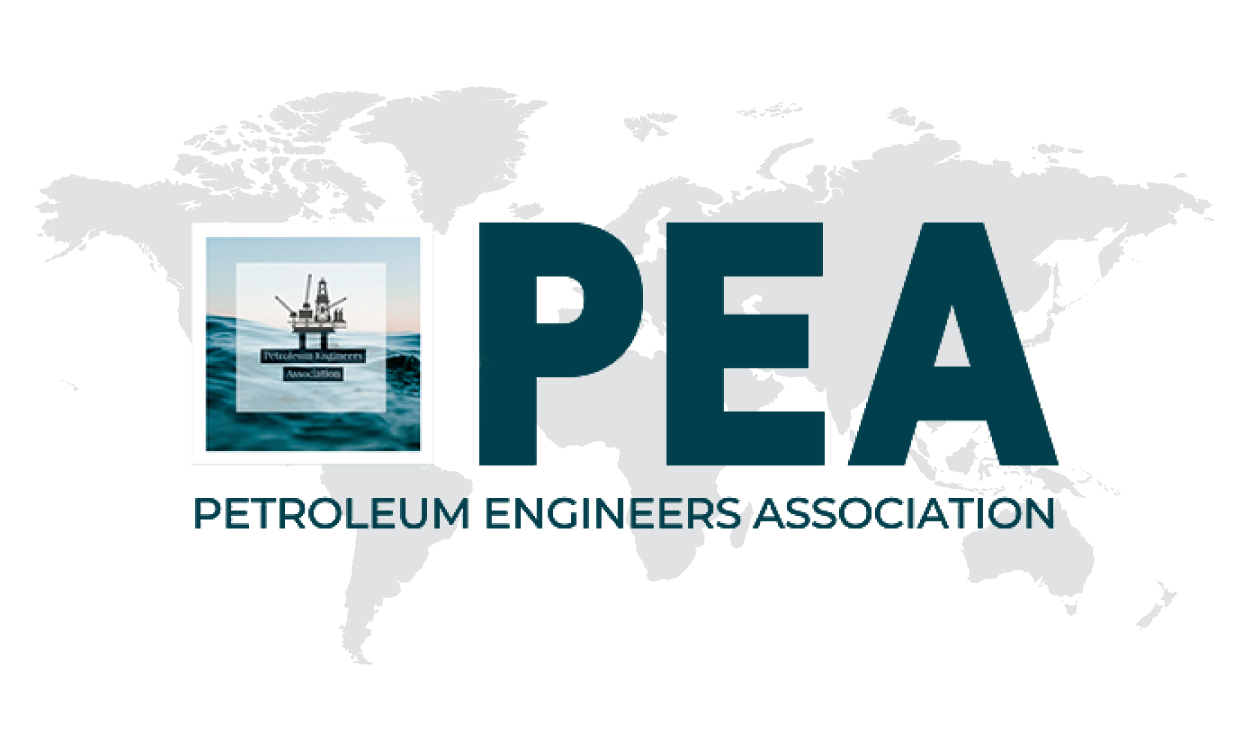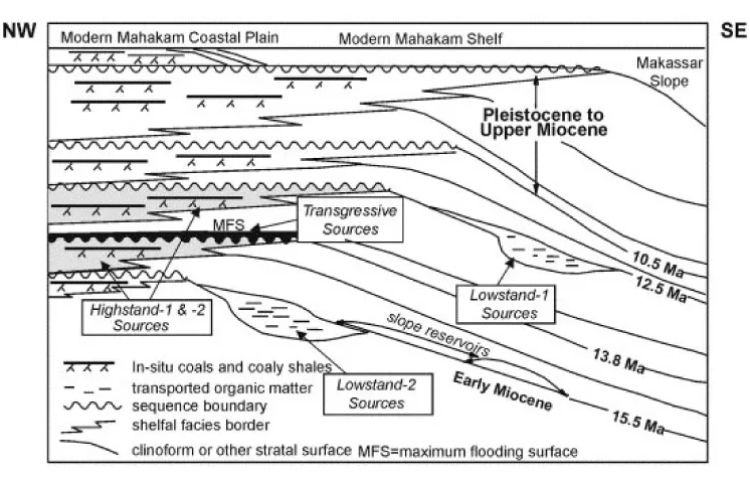Applications of Organic Geochemistry in Petroleum Exploration
| Code | Duration | Currency | Fee Per Person |
|---|---|---|---|
| EL-GCM-PEA |
25 Hours
|
USD
|
500
|
This is a self-paced, on-demand e-learning course. Upon enrollment, all course videos and materials will be delivered to your email within 12 hours. A certificate will be issued upon successful completion of the required quizzes and assignments.
Boost your team's skills and your budget! Enjoy group discounts for collaborative learning. Send an inquiry to info@peassociations.com.
Applications of Organic Geochemistry in Petroleum Exploration
This course provides a comprehensive overview of petroleum geochemistry methods and their applications in evaluating source rocks, maturity, fluids, and hydrocarbon systems in petroleum exploration.
Description
Organic geochemistry is an essential discipline for understanding the origin, maturity, and characteristics of petroleum systems. This course covers fundamental and advanced concepts, from source rock screening to biomarker analysis, isotopic evaluation, and oil-source correlations. Participants will learn how to apply bulk, molecular, and isotopic tools to characterize reservoirs and fluids, assess hydrocarbon potential, and reduce exploration risks. The program is designed to improve technical understanding and equip participants with methodologies applied in real exploration and appraisal settings
Exploration success depends on accurately assessing source rocks and hydrocarbon systems. Organic geochemistry provides the analytical foundation to predict hydrocarbon types, evaluate maturity, and establish correlations between oils and source rocks. This course introduces proven geochemical techniques and highlights their role in petroleum system analysis, guiding professionals to make informed exploration decisions and reduce uncertainty in block and basin evaluations.
• Understand fundamentals of petroleum geochemistry for source rock, oil, and gas evaluation.
• Apply techniques such as TOC, Rock-Eval pyrolysis, microscopy, GC, GC-MS, and isotopic analysis.
• Interpret source rock richness, maturity, and hydrocarbon potential.
• Assess oil quality and predict hydrocarbon types from source rocks.
• Perform oil-oil and oil-source correlations for exploration insights.
• Evaluate gas samples and their compositional and isotopic characteristics.
• Use geochemistry to de-risk petroleum system assessments.
• Reduced exploration risk through advanced geochemical evaluation.
• Improved asset appraisal and field development planning.
• Stronger integration of geochemical data in multidisciplinary teams.
• Enhanced predictive capabilities for hydrocarbon type, quality, and maturity.
• Gain practical knowledge of modern petroleum geochemistry techniques.
• Strengthen interpretation skills for exploration and reservoir assessment.
• Build credibility as a geoscientist by mastering advanced analytical tools.
• Improve confidence in evaluating petroleum systems and hydrocarbon quality.
• Petroleum Geochemists
• Geologists and Exploration Geologists
• Petroleum Systems Analysts
• Project Coordinators and Managers
• Introduction to Petroleum Geochemistry and Geochemical
• Evaluation of Source Rocks
• Introduction
• Basic concepts, source rock/kerogen formation, depositional settings
• Samples, preparation, and analysis
• Source rock interpretation and pitfalls
• Source rock kinetics – Conversion of kerogen to hydrocarbons (kerogen type versus nature, quality, and volumes of generated hydrocarbons)
• Data interpretation
• Exercises
• Maturity evaluation Introduction
• Basic definitions and concepts
• Methods of maturity measurements
• Advantages and problems of each method and their interpretive pitfalls
• Geochemical Evaluation of Hydrocarbons (source rocks and fluids)
• Sample preparation – Solvent extraction and fractionation
• Gas Chromatography – n-alkanes and isoprenoids for organic matter, oil and condensate
• Interpretive pitfalls
• Gas Chromatography-Mass Spectrometry (GC-MS) – biomarkers and diamondoids
• Stable Carbon Isotopes: Bulk Carbon Isotopes (IR-MS) and Gas
• Chromatography-Isotope Ratio Mass Spectrometry (GC-IRMS) for compound
• specific isotope analysis (CSIA)
• Interpretive pitfalls
• Geochemical Evaluation of Hydrocarbons (source rock and fluids)
• Gas Chromatography-Mass Spectrometry (GC-MS): Biomarker’s analysis and interpretation
• Bulk Carbon Isotopes (IR-MS) and Gas Chromatography-Isotope Ratio Mass
• Spectrometry (GC-IRMS): isotope’s analysis and interpretation
• Interpretive Pitfalls
• Geochemical Evaluation of Hydrocarbon and Non-Hydrocarbon Gases
• Gas Chromatography (GC): compositional analysis and interpretation
• Gas Chromatography-Isotope Ratio Mass Spectrometry (GC-IR-MS): isotopes analysis and interpretation
• Gas evaluation – Hydrocarbon gas: compositional analysis and interpretation
• Gas evaluation – non-Hydrocarbon gases: compositional analysis and interpretation
• Analytical and interpretational pitfalls
• Physical & Chemical properties of crude oils
• Physical properties (API gravity, viscosity, Pour Point)
• Chemical properties (Sulphur content, asphaltenes content, metals content, wax content, Total acid number)
• Data interpretation
On successful completion of this training course, PEA Certificate will be awarded to the delegates
This course has been meticulously developed by a seasoned PEA expert renowned in the oil and gas industry. With extensive hands-on experience and a proven track record in delivering innovative solutions, our trainer brings a wealth of technical expertise, deep industry insight, and a commitment to excellence. Learners can trust that they are gaining knowledge from a leading authority whose dedication to professional development ensures you receive only the highest-quality training to elevate your skills and career prospects.












